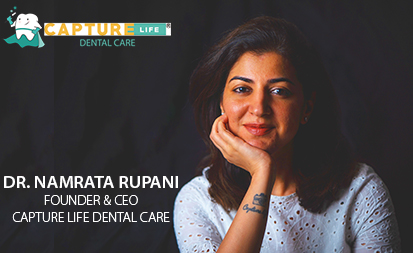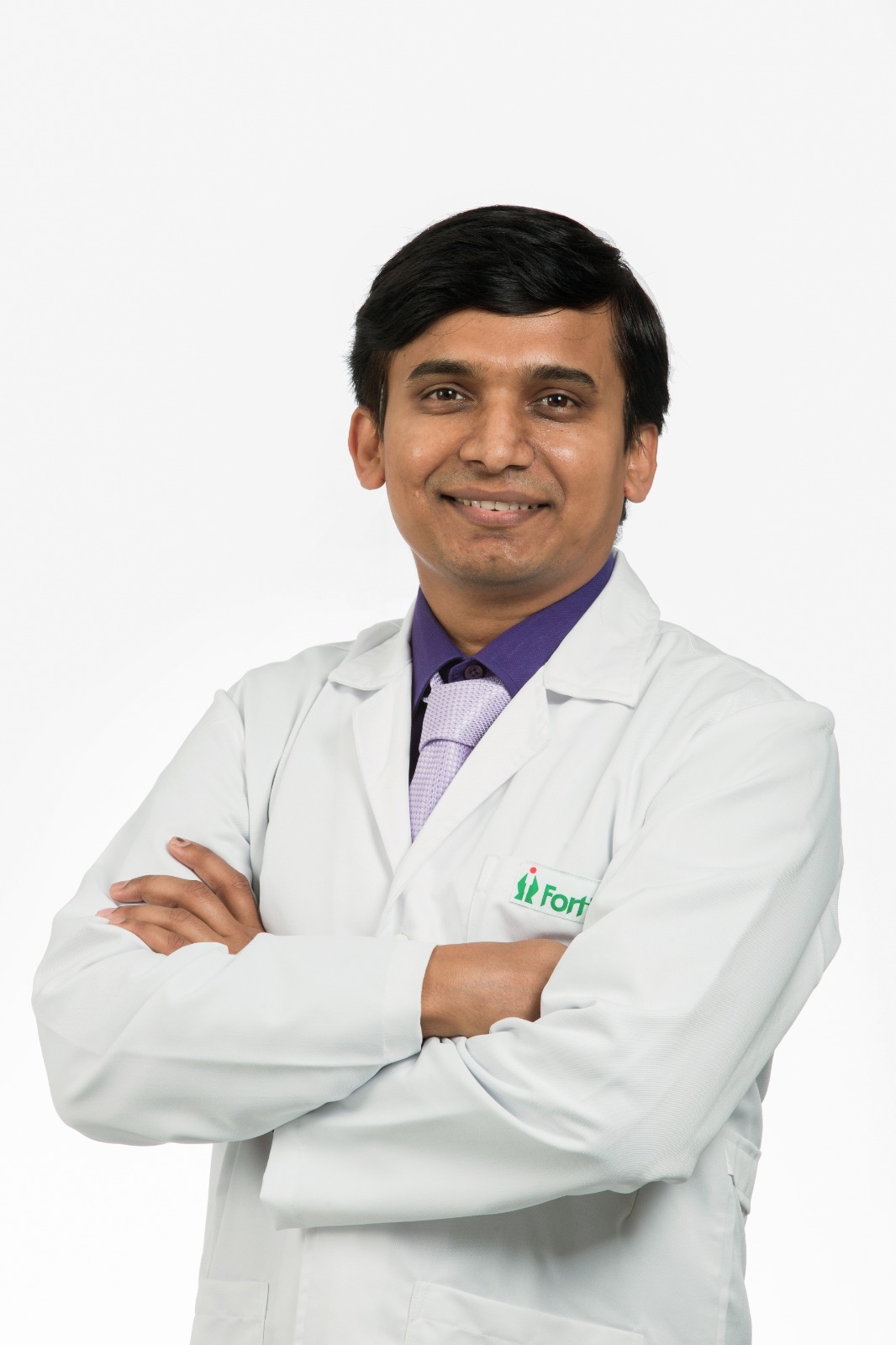Navigating the Oral Health Landscape & Dental Complications in the Wake of the COVID-19 Pandemic
In the wake of the pandemic there has never been a more dire need to take complete care of one’s health and well-being. A major constituent of the same is oral care, and one observes

In the wake of the pandemic there has never been a more dire need to take complete care of one’s health and well-being. A major constituent of the same is oral care, and one observes that the COVID-19 epidemic provides an incentive for the dental profession to transition from a surgical intervention-focused approach to one that emphasizes prevention.
A recent survey by the American Association of Endodontists has found that more than half of Americans say the COVID-19 pandemic has caused them to put off dental check-ups. The number in India is far higher, owing to the national situation for the past year and the resultant lockdowns. Hence, it is even more important in these times to practice good dental hygiene, because it can help to avoid oral diseases and dental problems.
The Link Between Oral Health & COVID-19
While the true extent of the correlation between oral health and COVID-19 is unknown, several studies have clearly established that oral ailments are likely to cause serious COVID complications. A survey by the American Dental Association (ADA) has found that more patients have developed bruxism which was a result of stress during the SARS-CoV-2 pandemic, causing a general increase in stress-related oral health conditions. The chief science officer of the association also added that the trend means that timely dental check-ups have never been more important.
Similarly, researchers at McGill University found a connection between periodontitis, a common form of gum disease, and the severity of COVID-19 cases. According to the findings, people with periodontitis were 8.8 times more likely to die of COVID-19. Furthermore, it stated that individuals were 3.5 times more likely to require hospitalization for COVID-19 and 4.5 times more likely to require a ventilator, due to the condition.
A study published in the Journal of Oral Medicine and Dental Research also found that conditions like dental plaque accumulation and periodontal inflammation can further intensify the likelihood of the SARS-CoV-2 virus reaching the lungs and causing more severe cases of infection.
The interconnection of dental ailments and COVID has not yet been completely & definitively mapped—because of the complexity of the COVID-19 virus and its variants. But one thing rings true: it is wise to actively start taking the best care of one’s teeth and reduce health risks. Many clinicians find that when patients address their oral complications, overall health improves.
Prevention, Sanitization & Lifestyle Habits
Dental hygiene is an essential aspect of personal hygiene, and in today’s day and age, the focus should be on prevention. Some of the ways one can do so, are simple yet effective. A minimal step that can contribute to dental wellbeing, is routinely washing and disinfecting used dental devices and instruments.
Patients who test positive for COVID-19 should have separate personal oral care items such as a new soft toothbrush, toothpaste, and a mouthwash/gargle that should be discarded post recovery. It is imperative to keep their oral health items apart from their other belongings to avoid spread of the virus to others in the household.
Stress, poor diet, alcohol and tobacco use, drug abuse, mental health problems, domestic violence, and poverty are all common risk factors for dental complications. Unfortunately, during the pandemic, all these risk factors were amplified for millions across the country. But one’s diet can always be controlled and monitored, to keep one’s oral health in check. Keeping the same in mind, it is wise to minimize consumption of sugar for ensuring optimal dental health. Similarly, lifestyle habits such as alcohol when not consumed in moderation and smoking & tobacco use can create a greater risk and ideally should be minimized.
Community Centric Strategies & Effective Tips to Keep Minor Oral Complications in Check
Tooth decay in the form of cavities is the most common oral disease (also known as caries). Majority of the time, it can be avoided. Once tooth decay has set in, however, it can only get worse and at the onset of the pandemic, dentists may only treat patients in an emergency. To avoid reaching that stage however, in a critical time for our country and preventing tooth decay, some counter tips including using a Fluoride Toothpaste, establishing a healthy pH level, consuming Vitamin D.
Furthermore, promotion of a balanced diet, community water fluoridation, topical fluorides, and community-based oral health promotion are all examples of strategies one can use to reduce oral risks in one’s community.
Mask Mouth
Wearing a mask for a prolonged period of time, while extremely essential to help avoid COVID-19, can cause the phenomenon ‘mask mouth’. Its signs include dry mouth, bad breath, and bleeding gums. Mask mouth can be avoided by keeping an eye on tooth and gum hygiene, remaining hydrated, wearing a clean mask, and concentrating on an oral healthcare routine.
Tips on Oral and General Hygiene
Many people are unaware that bacteria, blood, and saliva can all be found on their toothbrush. Bad toothbrush treatment not only leads to poor oral hygiene over time, but it can also transmit infectious diseases like COVID-19.
Tips for Effective Cleaning & Disinfection
The coronavirus will live for up to three days on surfaces, like toothbrushes. One can clean their toothbrush by soaking it in 0.5 percent hydrogen peroxide for up to 15 minutes on a daily basis. In less than a minute, this solution will destroy COVID-19 bacteria. Before brushing, it is imperative make sure the toothbrush is clean.
Keep your Toothbrush in a Safe Place
Allow your toothbrush to dry completely after each use by holding it upright. This helps to keep bacteria from spreading and growing.
What are the essential elements of good dental hygiene?
Brushing for at least two minutes twice a day with a medically recommended toothpaste, flossing regularly, and visiting the dentist for check-ups (these can be replaced by special online consultations in these times of emergency) and dental cleanings every six months are all important aspects of good dental hygiene.
Lastly, it is up to the individual to practice utmost caution and adherence to medical advice in these times, necessitating even more care. Practicing dentally recommended oral protocol can help one be safe, protected, and healthy amidst this difficult period for our country. While doctors are doing everything in their power to keep patients and their staff as healthy as possible, one can be a tremendous resource to one’s family and the community at large, just by looking after their own wellbeing and practicing utmost safety and caution.






